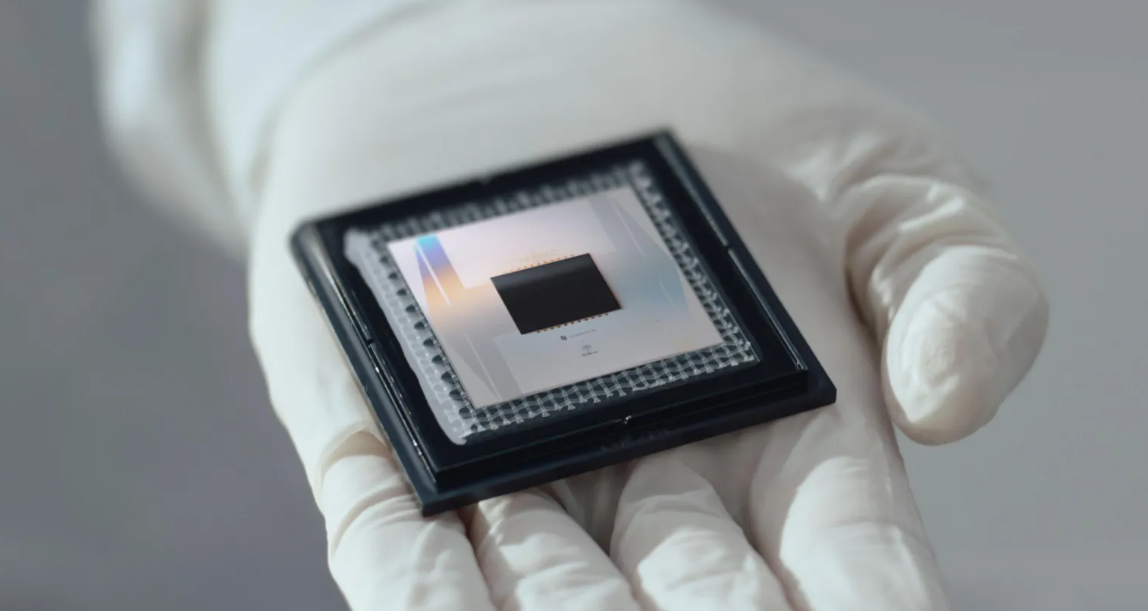Google unveils 'mind-boggling' quantum computing chip

Google has introduced a new chip that it claims can solve a problem in just five minutes, a task that would take the world’s fastest supercomputers an unimaginable 10 septillion years (10,000,000,000,000,000,000,000,000 years) to complete.
This chip is part of the ongoing development in quantum computing, which seeks to harness the principles of particle physics to create extremely powerful computers. Google’s new quantum chip, named "Willow," incorporates significant breakthroughs and is seen as a step toward building a practical, large-scale quantum computer.
However, experts caution that while Willow is an exciting development, it is still a largely experimental technology. A quantum computer capable of solving a wide range of real-world problems remains many years away and will require billions of dollars in investment to bring to fruition.
The Quantum Challenge
Quantum computers function in a fundamentally different way compared to the traditional computers in everyday devices like smartphones or laptops. They utilize the principles of quantum mechanics—the unpredictable behavior of minuscule particles—to tackle problems at much higher speeds than classical computers.
Quantum computers hold the potential to revolutionize fields like drug development and complex process simulations by speeding up these tasks significantly. However, there are also concerns that they could be used for malicious purposes, such as breaking encryption systems that currently protect sensitive data. In response, Apple has announced plans to make its iMessage encryption "quantum-proof" to prevent future quantum computers from reading the messages.
Hartmut Neven, who leads Google’s Quantum AI lab and is known as the "chief optimist" of the Willow project, explained that while Willow will be used for some practical applications, more details will be revealed later. He also stated that a quantum chip capable of handling commercial applications wouldn’t be ready before the end of the decade.
In the short term, quantum computers like Willow are expected to be used for simulating systems where quantum effects are crucial. These applications could include nuclear fusion research, drug discovery, developing better car batteries, and various other complex tasks.